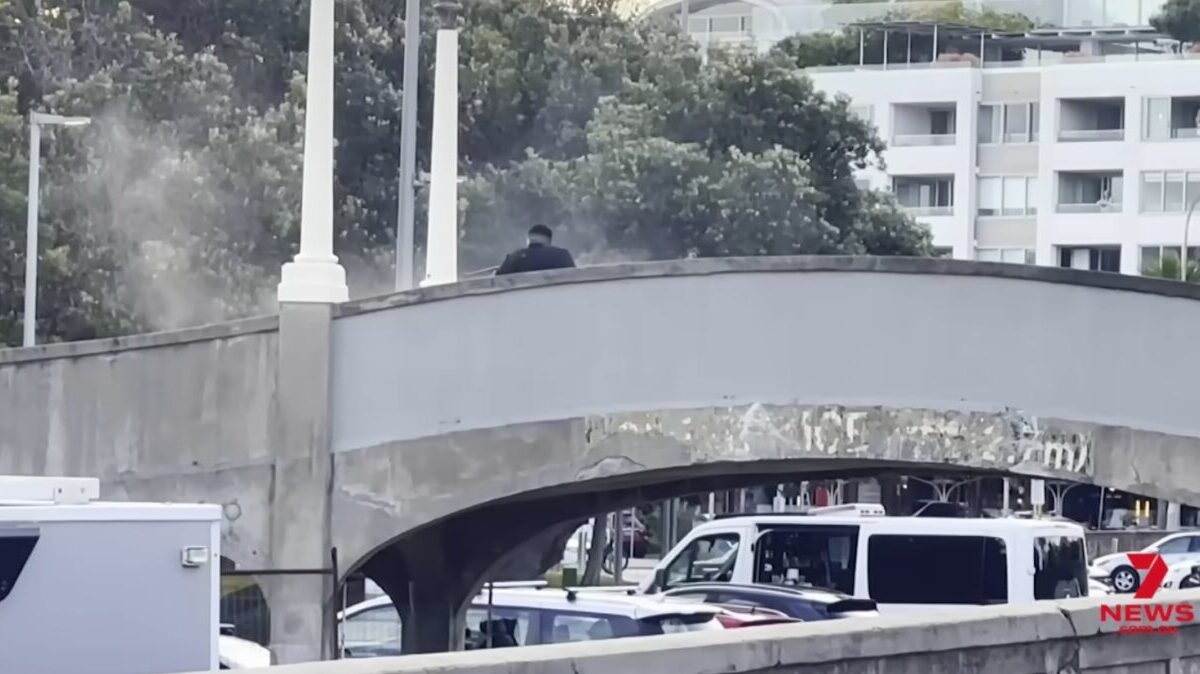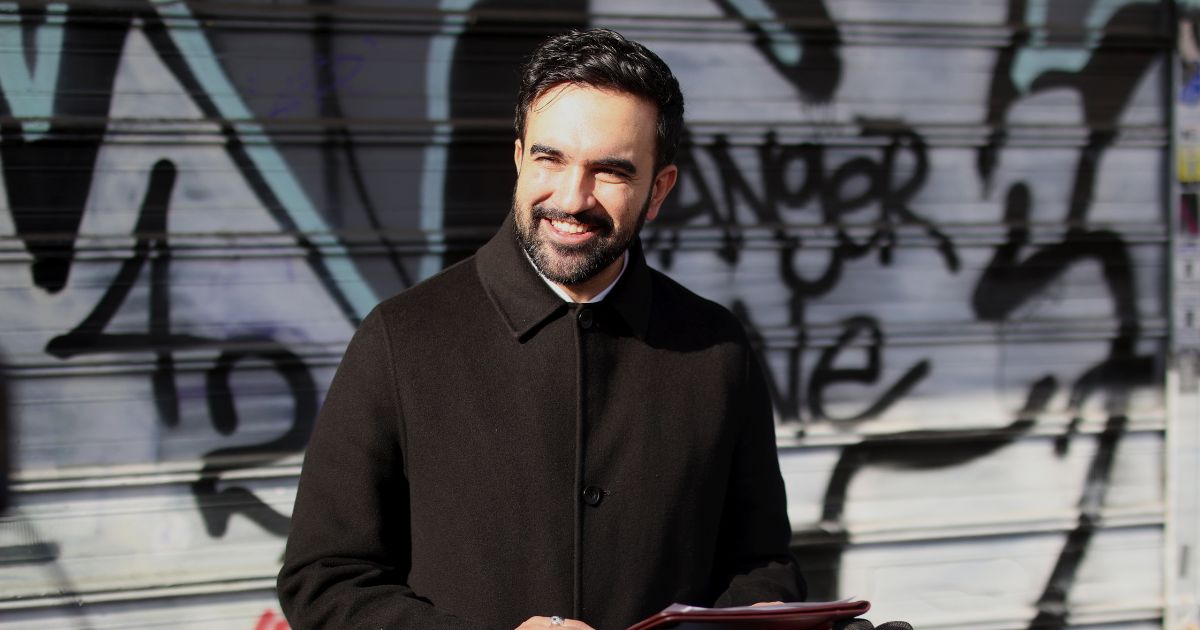Four ways to make DC safe again: Report – Washington Examiner
A recent report by the Manhattan Institute highlights the ongoing crime issues in Washington, D.C., and proposes four strategies to enhance public safety. Although some crime rates are declining in 2024, serious offenses such as homicide, car theft, and robbery remain elevated compared to pre-2020 levels. The report emphasizes the need to enforce existing laws rigorously, as a significant drop in arrests for various offenses has contributed to disorder. It also points to the reduction in police numbers—nearly 500 officers have left since 2019—as a concern, suggesting that increasing law enforcement presence is crucial for effective crime control.
Additionally, the report urges for a more aggressive prosecution of criminal behavior, citing a notable decline in felony prosecutions. It questions the city’s ability to investigate crimes effectively, particularly after the D.C. crime lab lost its accreditation. it calls for more judges in the judicial system to address trial delays and alleviate the burden on a system that has not functioned at full capacity for over a decade. The suggestions aim to restore law and order in the capital and address the city’s rising crime rates.
Four ways to make DC safe again: Report
A new report on crime in the nation’s capital investigates what can be done to address the issue and make Washington, D.C.’s inhabitants safer.
The Manhattan Institute took a deep dive into public safety in the District of Columbia and released its findings in August. Although some crime is dropping in 2024, criminal activities such as homicide, car theft, and robbery remain higher overall since before 2020, according to the report.
Here are four recommendations the investigation made to improve law and order.
Enforce existing laws
Enforcing the laws on the books will keep streets safer, according to the organization.
A steep decline in arrests for certain crimes, including prostitution, traffic violations, narcotics, disorderly conduct, liquor law violations, release violations, and driving while intoxicated, has contributed to the breakdown in public order, according to the Manhattan Institute’s findings.
“The past several years of efforts to solve D.C.’s crime problems show that officials believe that criminal offenders are reacting to a lack of stiff penalties,” the report found. “But the problem is not leniency; the problem is that, across the criminal-justice system, existing laws are unenforced.”
Some law enforcement officers alleged they faced pressure not to carry out the law, saying that the “decline in police activity” was due to recent policy changes and the “message that they send to cops.”
“Most notably, D.C. was one of the few major cities that yielded to activists’ demands to ‘defund the police,’ slashing MPD’s budget by $15 million in 2020,” the investigation said.
Some of the policies refer to relaxed crime measures spearheaded by Capitol Hill’s Ward 6 Councilman Charles Allen. From 2017 through 2022, Allen served as chairman of the Committee on the Judiciary and Public Safety, where he played an instrumental role in implementing the criminal justice reforms that those fighting for his recall say led to an increase in the district’s crime. During his tenure, Allen successfully helped lead the $15 million police budget cut in 2020 while authoring a 2023 rewrite of the district’s criminal code, which eliminated most mandatory minimum sentences and lowered penalties for most other offenses, including carjacking.
Allen also authored and passed the Comprehensive Policing and Justice Reform Amendment Act of 2020, which reduced the statutory maximum sentences for many violent crimes. The Second Look Act, which Allen also helped author, enacted sentence reduction mandates for violent offenders under the age of 25, and went into effect on April 27, 2021.
Increase law enforcement presence
In 2023, the D.C. Council passed emergency legislation to address shortcomings in Allen’s bill, relaxing some of the restrictions on police pursuit. That year, the city continued to backtrack some of Allen’s police reforms by passing another bill that tightened restrictions on crime. However, the report indicates that in order to bring down crime, more law enforcement officers are needed to enforce the new law.
The Metropolitan Police Department, which is responsible for enforcing laws in Washington, D.C., has lost nearly 500 officers since 2019, according to the Manhattan Institute.
The report recommends increasing funding for MPD hiring, which would free up sworn officers to patrol the streets and focus police officers on where the crime is.
Prosecute criminal behavior
The investigation also found that the U.S. attorney is prosecuting far fewer people in Washington, D.C. Following through with punishing criminal behavior will help strengthen public safety, it states.
Between 2021 and 2022, rates of prosecution declined sharply in the city, according to the report. In 2022, the office prosecuted less than 50% of the felonies and only 28% of the misdemeanors.
“Rates have rebounded somewhat, amid heavy public criticism, but are still well below even recent historical norms,” the report notes. District of Columbia Mayor Muriel Bowser is among those taking the blame for crime and has faced criticism and sinking favorability ratings during her third term in office.
Earlier this year, major grocery stores across the store began implementing policies aimed at reducing an uptick in shoplifting as many residents complained a lack of consequences fueled the theft.
Investigators say one factor holding back prosecutors from targeting crime is the city’s ability to investigate criminal behavior. The D.C. crime lab lost its accreditation between 2021 and 2023, during the period when crime saw a rise in the city.
Restoring the crime lab’s accreditation will help investigators, and prosecutors, close cases.
Increase the number of judges
Washington, D.C.’s judicial system hasn’t seen a full bench in more than a decade, leading to delays in many trials and concerns that suspects have the opportunity to commit more crimes.
The District’s Court of Appeals is short two judges, a 22% deficit, while the Superior Court is down by 13 judges.
“There are fewer judges, and they are churning through a larger case backlog,” the Manhattan Institute found.
The report urges Congress to expedite the confirmation process for judges, “by revising the laws governing DC’s courts to make presidential appointments presumptively confirmed within three months unless the Senate votes against their confirmation.”
D.C. leaders have expressed anger over the long process judicial appointees encounter as the Senate considers their confirmation.
A spokesman for Senate Majority Leader Chuck Schumer (D-NY) blamed the lengthy process on Republicans, telling NBC they “have consistently used partisan tactics to delay the confirmation of President Biden’s qualified nominations to the bench.”
" Conservative News Daily does not always share or support the views and opinions expressed here; they are just those of the writer."




